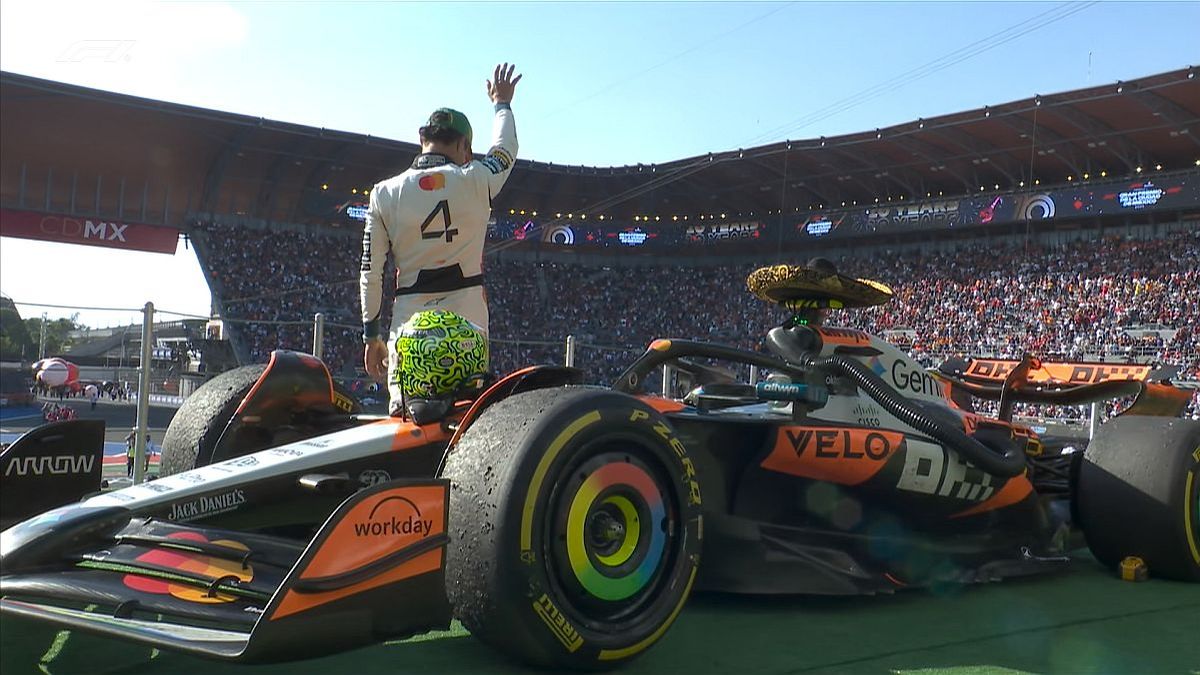The trade of Mercosur could expand to Asian lands, beyond China, with the negotiations held by the president of Brazil, Luiz Inácio Lula de Silvawith the prime minister of Japan, Fumio Kishida. Meanwhile, the regional bloc’s negotiations with the European Union (EU) continue at a stalemate, despite the insistence of some countries for its completion, among which is Uruguay.
The Brazilian government announced the start of talks with Japan, with the aim of advancing a trade agreement between the Asian country and the Mercosur, in the midst of what appears to be a strategy to begin expanding the map of negotiations towards other partners, after the agreement with the EU will not come to fruition with the end of the year.
In this sense, and according to the official statement, Lula received a phone call from Kishida, in which they also spoke “about strengthening the strategic and commercial partnership between Brazil and Japan, the Brazilian presidency of the G-20 and cooperation between the two countries in multilateral forums in favor of peace, democracy and overcoming poverty.
The news is positive in terms of a new market that is opening up for the region, although, for example, Uruguay already maintains bilateral trade exchanges with this country, mainly bovine tongue —Since the end of 2022, fresh bovine tongue has been exported, in addition to the cooked variety, a product of which the Asian nation is the main importer in the world.
However, a regional trade agreement could mean advantages for the country since, currently, it does not have any Tariff preference, and the default rate for beef is 12.8%. In that sense, the negotiations led by Lula could also mean the export cost reduction for Uruguayan producers.
New doors that open after the break with Europe
The conversations with Japan do not begin in innocent or casual times: although the negotiations with the European Union They did not fall definitively, the fact that 2023 ended without an agreement between the regional blocs was an almost definitive blow to the generalized pessimism. In that context, and as Brazil and Paraguay, he Mercosur begins to look to other continents in search of new business partners.
“We are already looking the other way. I reiterated on several occasions my decision to next pro tempore presidency to be able to concentrate efforts in other areas,” said the Paraguayan president in this regard. Santiago Pena, who had also given an ultimatum to the Europeans to close the agreement in December.
The Brazilian government had also declared its intention to look for alternatives to Mercosur-EU agreement given the comings and goings over the chapter referring to environmental conditions for trade.
This scenario is not necessarily detrimental to Uruguay, Although the government expressed on countless occasions its desire to end 25 years of negotiations: just as Japan appears on the bloc’s commercial horizon, the rejection of Europe —or, at least, its displacement from the priority place it had during 2023—leaves room for China sits at the table with him Mercosur to talk about signing a Free Trade Agreement (FTA) —which also paves the way for the bilateral agreement.
In this way, and although the president Luis Lacalle Pou He assured that in 2024 he will insist on “getting out of the corset” of the Mercosur, The regional bloc could mean interesting agreements for the government during its last year in office — and without great achievements in foreign trade that, so far, they can boast.
Source: Ambito




